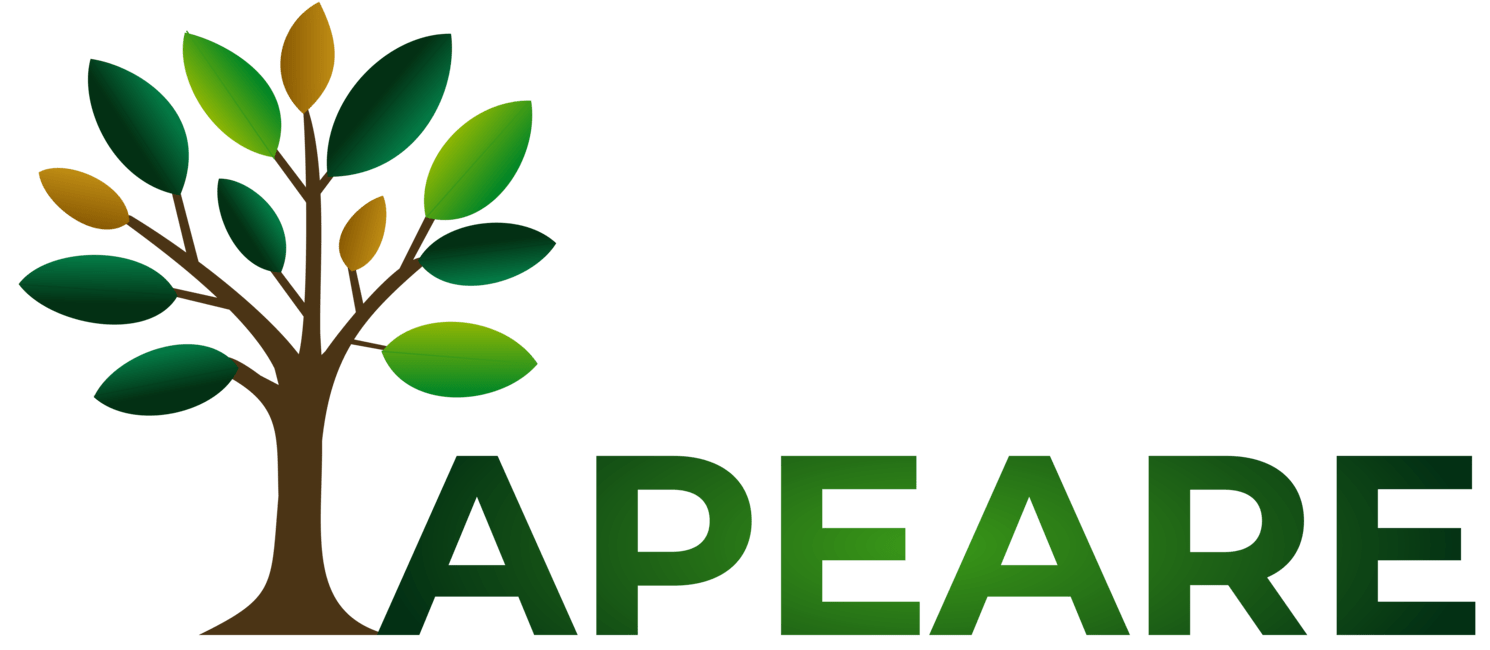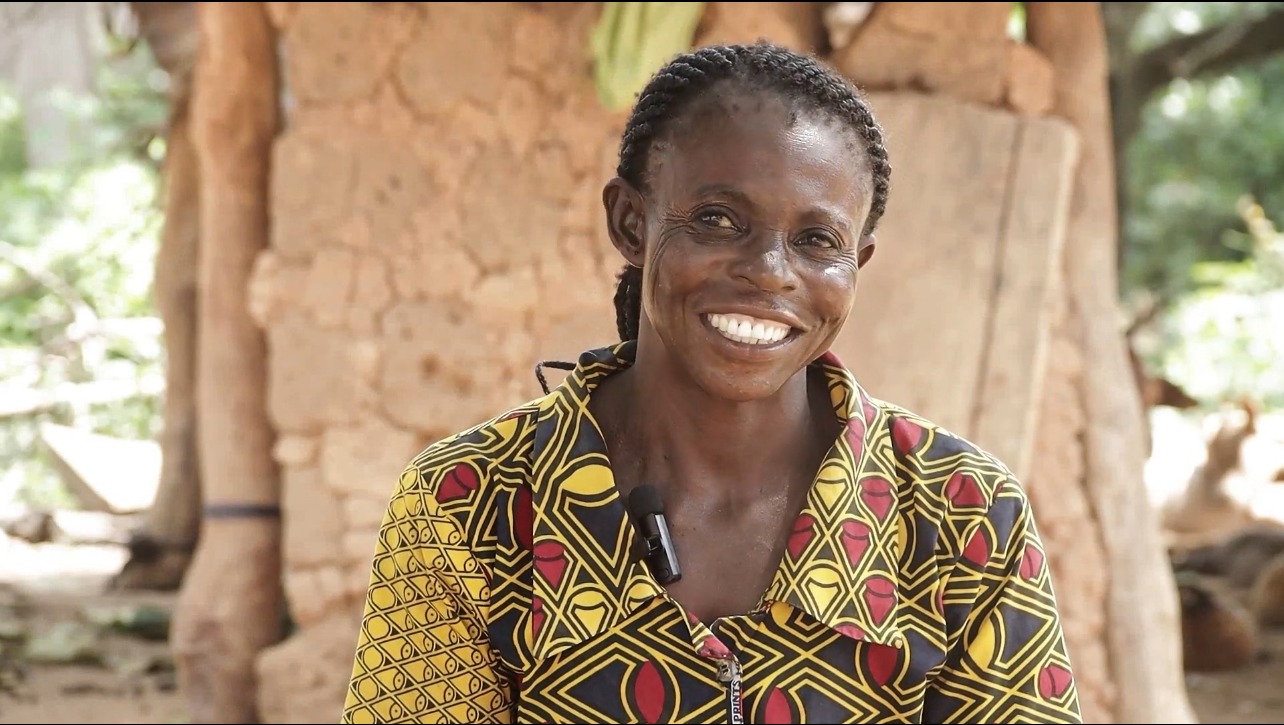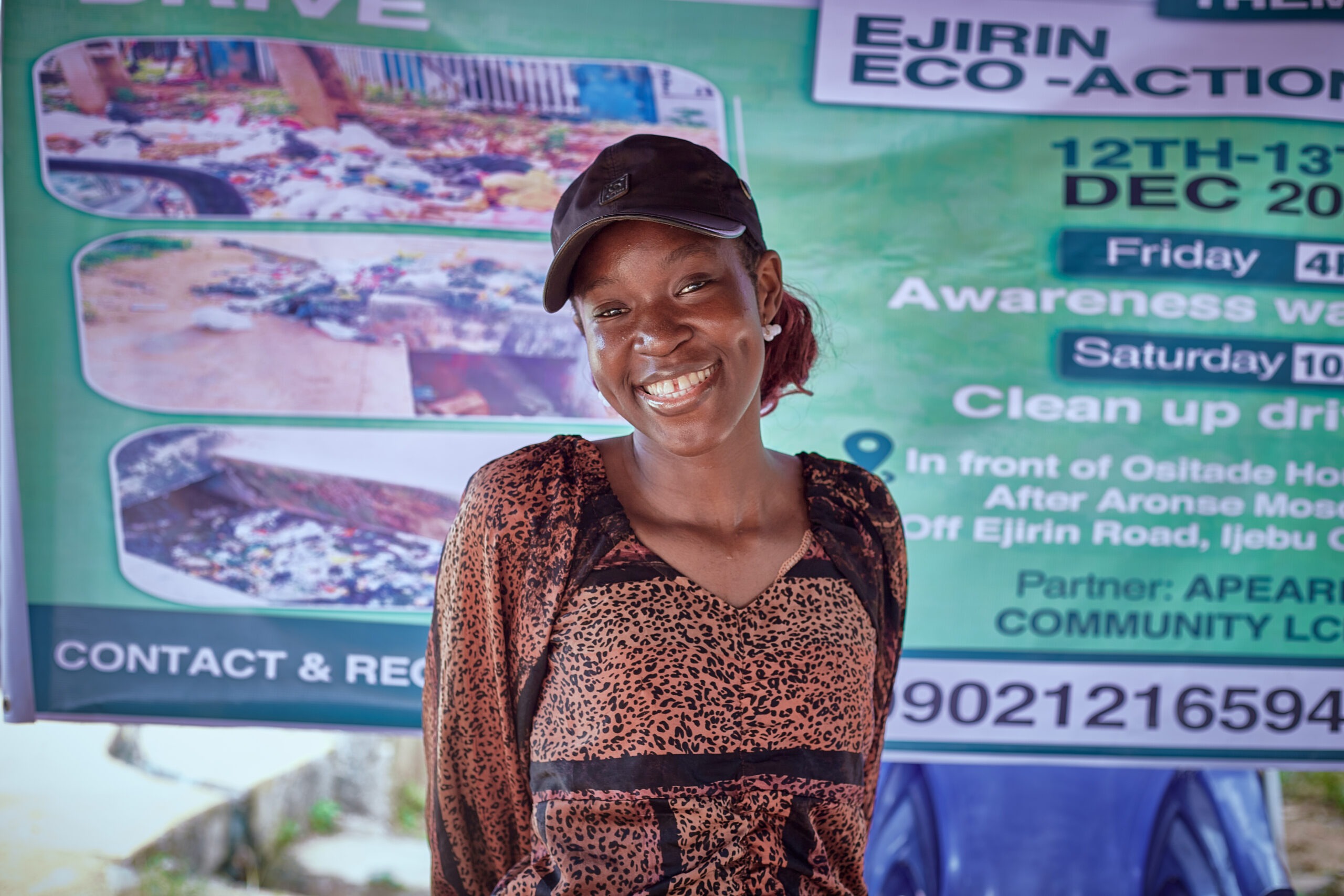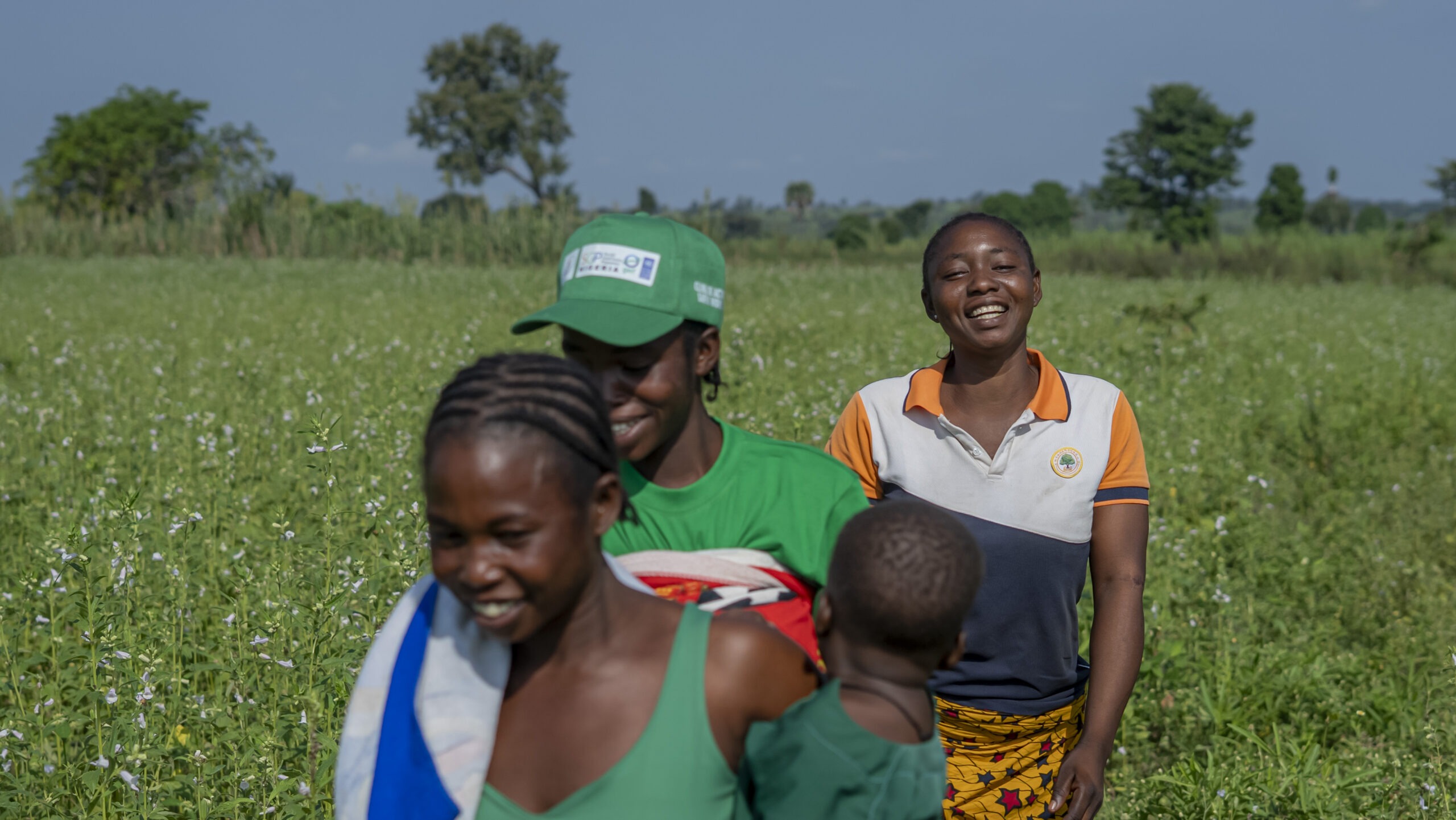Fatima remembers when the land fed everyone.
Her grandmother used to say, “The soil listens when you treat it kindly.” But in Ajimaka and Rukubi, two communities nestled in Doma LGA, Nasarawa State, the soil stopped listening. Years of unsustainable farming, deforestation, and climate shocks turned once-fertile fields into brittle dust. Crops failed. Forests vanished. And hunger crept in.
Over the past decade, agricultural productivity dropped by 40%, while waterborne diseases rose by 25%. Families struggled to survive. The land was dying, and with it, the spirit of the community.
But these communities refused to give up.
With support from the United Nations Development Programme (UNDP) and the Global Environment Facility Small Grants Programme (GEF-SGP), the Alliance for Positive Environmental Impacts and Reforestation (APEARE) launched a community-led initiative to restore the land and revive hope.
“We’re here to measure the land for a project close to our hearts,” says Mr. Iduh J.J. Otene, Executive Director of APEARE.
“We’re building climate-smart agricultural systems through agroforestry, empowering women and youth, restoring degraded land, and creating sustainable livelihoods.”
The project is more than planting trees. It’s planting resilience.
– 200 hectares of demonstration farms
– Hands-on training in composting, irrigation, and ecological farming
– Community cooperatives to boost market access and value chains
– Distribution of 5,000 Tenera oil palm seedlings, 5,000 locust bean seedlings, and improved arable crop seeds
Fatima now joins other women and youth in learning how to heal the land. They’re not just growing food, they’re growing futures.
A local chief’s representative shared his hope:
“We are happy. This project will help us fight hunger, restore our forest, and bring food to our tables. The land is ready—and so are we.”
For Ajimaka, this is the first opportunity of its kind. And they’re determined not to lose it.
Click to watch the full baseline video and hear the voices of change.
Whether you’re a farmer, policymaker, educator, or community leader, your involvement is key to restoring our environment and building sustainable futures.
Ajimaka is no longer a forgotten village. It is a symbol of soil, spirit, and survival.
Let’s grow hope together.
#APEAREImpact #AgroforestryNaija #ClimateResilience #UNDPGEFSGPNigeria #CommunityVoices




